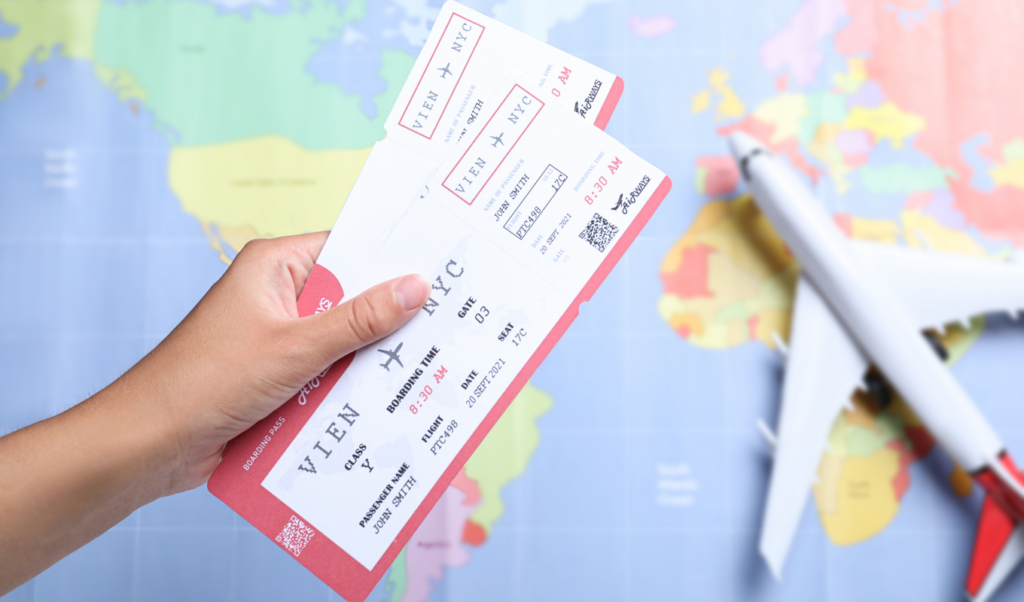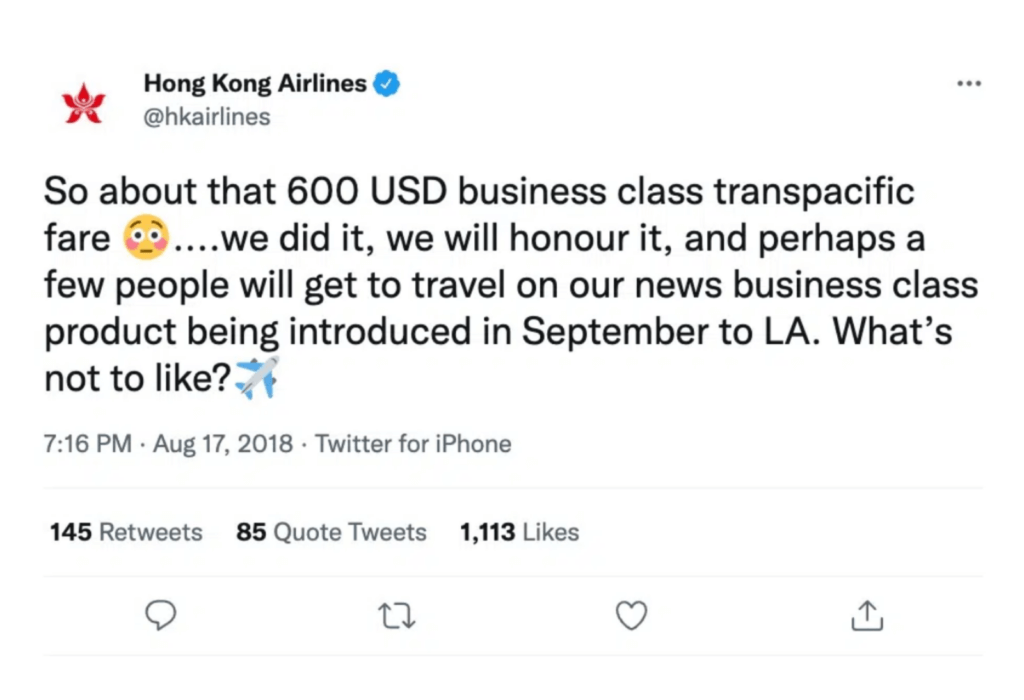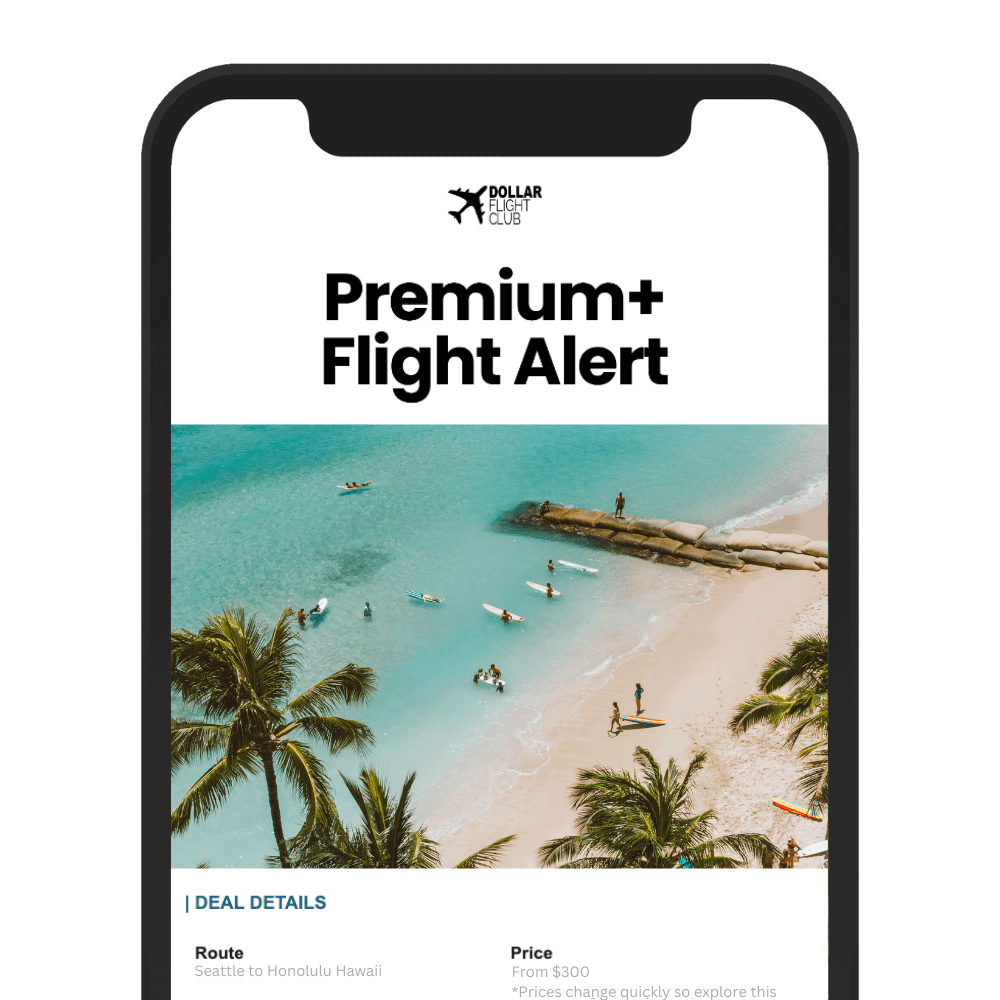Booking flights can be stressful, but avoiding common mistakes can save you time, money, and headaches. Here’s what you need to know:
- Book at the Right Time: For domestic flights, book 28 days in advance to save up to 24%. For international trips, aim for 60 days ahead.
- Double-Check Details: Ensure names match IDs, dates are correct, and you’ve selected the right airport.
- Watch for Hidden Fees: Baggage, seat selection, and carry-on fees can add up quickly – factor them into your budget.
- Use Price Alerts: Tools like Google Flights or Dollar Flight Club can help you catch fare drops.
- Know Ticket Rules: Basic economy tickets often have strict policies on changes, cancellations, and baggage.
When to Book Your Flight
Booking your flight at the right time can save you a lot of money. According to Expedia’s 2024 Air Travel Hacks report, travelers saved up to 24% on domestic flights by booking about 28 days before their trip.
How Prices Change Over Time
Airlines rely on automated systems to adjust ticket prices. If seats are selling quickly, prices go up. But when sales slow down, airlines may lower fares until they hit a minimum threshold. This dynamic pricing means timing your purchase can make a big difference.
Price Tracking Tips
- Domestic flights: Book about 28 days before departure to save up to 24%.
- International flights: Aim for around 60 days in advance to save about 10%.
- Holiday travel: Book as early as possible to avoid price hikes.
Using Price Alerts to Save
Set up price alerts on tools like Dollar Flight Club to monitor fare drops. If you’re booking during peak times, consider refundable fares so you can rebook if prices fall. Keep in mind that fares can vary based on factors like the day of travel, season, route demand, and seat availability.
Up next: Learn how hidden fees and ticket rules might impact your travel budget.

Extra Fees and Ticket Rules
When tracking fares, don’t forget to account for hidden fees and ticket rules – they can significantly impact the overall cost of your trip.
Common Extra Fees
Hidden fees can quickly add up. Here are some examples:
- Checked bag (domestic): $30–$35
- Overweight bag (over 50 lbs): $100–$400, depending on the airline
- Seat selection (basic economy): $21–$34 or more
- Carry-on fee (basic economy): $35 (free on South America and transatlantic/transpacific routes)
Key Ticket Rules to Know
Before booking, make sure you’re clear on the following:
- Change and Cancellation Policies
Basic economy tickets often have stricter rules and may not allow changes at all. - Baggage Allowances
Be mindful of baggage limits. For example, United charges $60 for carry-ons that don’t meet requirements at the gate. - International Travel with Infants
Lap infant fees vary by airline. United charges about 18% of the adult fare for flights to London, while Delta’s fee is around 10% of the fare plus international taxes and fees.
These rules can significantly influence the true cost of your ticket, so make sure to review them carefully.
Base Fare vs. Total Cost
When comparing ticket prices, look at the full picture – not just the base fare:
- Base Fare vs. Total Cost
A $200 round-trip ticket on American Airlines might actually cost $240 if you need to check a bag. Standard economy tickets often include perks like seat selection and baggage, which basic economy tickets charge extra for. - Hidden Charges
Additional fees like phone booking charges ($25–$50), oversized baggage fees ($100–$300), and international checked bag fees ($45–$75) can sneak up on you.
Next, we’ll cover how to avoid errors with a pre-booking checklist.

Price Comparison Steps
Once you’ve factored in hidden fees, it’s time to compare base fares across different platforms.
Tackling Price Searches
Start by using Google Flights‘ calendar view to identify the cheapest travel dates. After that, double-check prices on Momondo and Skiplagged to uncover extra deals. For the best results, search in incognito mode, consider nearby airports, and aim for departures on Tuesdays or Wednesdays. Keep an eye out for pricing errors, too – they can lead to surprisingly low fares.
Spotting Price Drops
Mistake fares can lead to massive savings, but they disappear fast. Stay ahead by using tools like Google Flights (for flexible date searches), Momondo (to find deep discounts), and Skiplagged (for hidden-city ticket options). These tools help you act quickly when prices drop unexpectedly.
Setting Up Deal Alerts
Take advantage of the U.S. Department of Transportation’s 24-hour rule, which allows free cancellations within 24 hours of booking for flights to or from the U.S.. Use services like Dollar Flight Club to set up alerts for fare drops. Stay flexible with your travel dates and book immediately when you spot a deal. Automated alerts make it easier to catch those fleeting discounts.
Booking Information Errors
After comparing fares, make sure to double-check your booking details to avoid expensive corrections. Accurate entries ensure you lock in the best fare and skip unnecessary rebooking fees.
Common Input Errors to Watch For
Mistakes often happen due to typos, wrong dates, or missing loyalty numbers. Always confirm that names match IDs exactly and add loyalty program details when booking.
Here’s what to verify before paying:
- Names are spelled exactly as they appear on IDs, and dates are correct
- Known Traveler and frequent flyer numbers are included
Choosing the Right Airport
Some cities have multiple airports, and picking the wrong one can lead to extra costs or even invalid bookings. Use the “All Airports” option or enter the city code to search all nearby airports.
Here are a few examples of city codes:
- New York (NYC): JFK, EWR, LGA
- Los Angeles (QLA): LAX, Long Beach
If you’re flexible, consider airports in nearby cities. For instance, Milwaukee can work for Chicago trips, or San Diego for Los Angeles.
Finally, set up flight alerts to stay updated on schedule changes or fare adjustments.

Flight Updates and Alerts
Once you’ve booked your flight, it’s important to stay informed about any schedule changes or updates. Flight schedules can change frequently, and being notified in advance can help you avoid missed connections or unexpected fees.
How to Get Alerts
- Airline Notifications
Make sure your contact details are up to date. Enable email and SMS alerts through the airline’s app or website to stay informed. - Custom Alerts with Dollar Flight Club
Set your preferences for departure airports, destinations, and flight-status updates to receive tailored notifications.
Wrapping Up
Now that you know how to avoid timing errors, hidden fees, and input mistakes, you’re ready to find the best deals on flights. Here’s a quick recap to keep in mind:
- Domestic Flights: Book 28 days in advance for optimal savings.
- International Flights: Aim to book 60 days before departure.
- Best Days to Fly: Sundays or Tuesdays often have lower prices.
- Refundable Tickets: Opt for refundable fares so you can rebook if prices drop.
If you’re looking for an extra edge, consider using Dollar Flight Club. Their email and SMS alerts can help you catch fare drops early – Premium members, on average, save over $500 per ticket.










